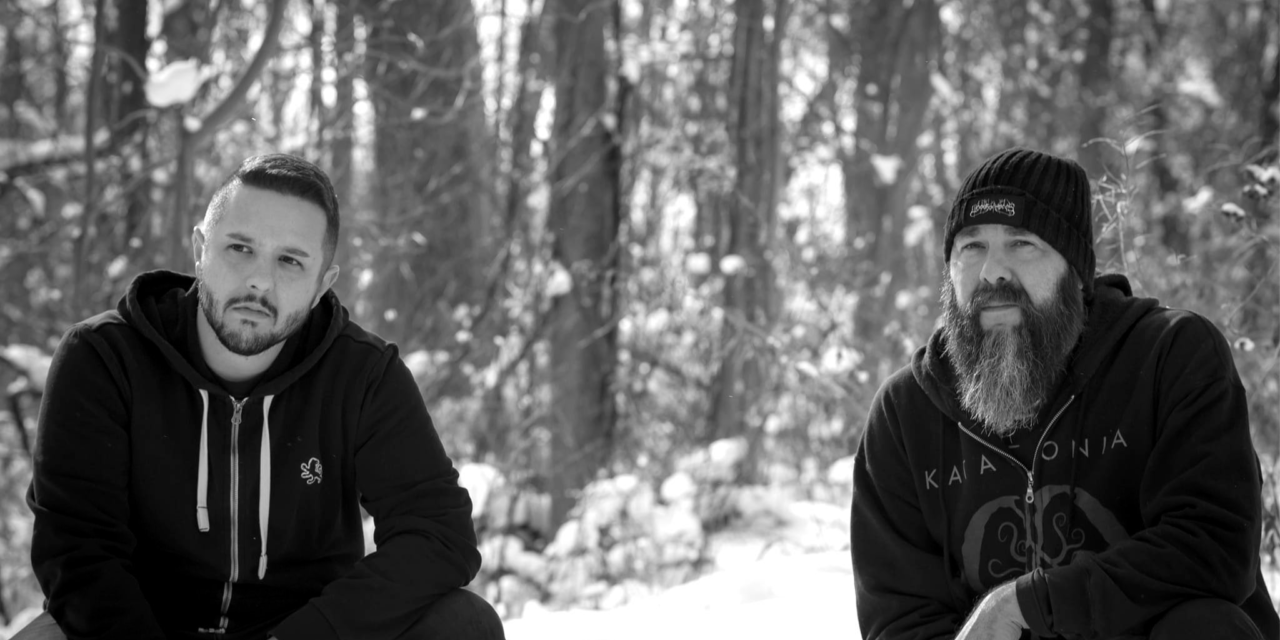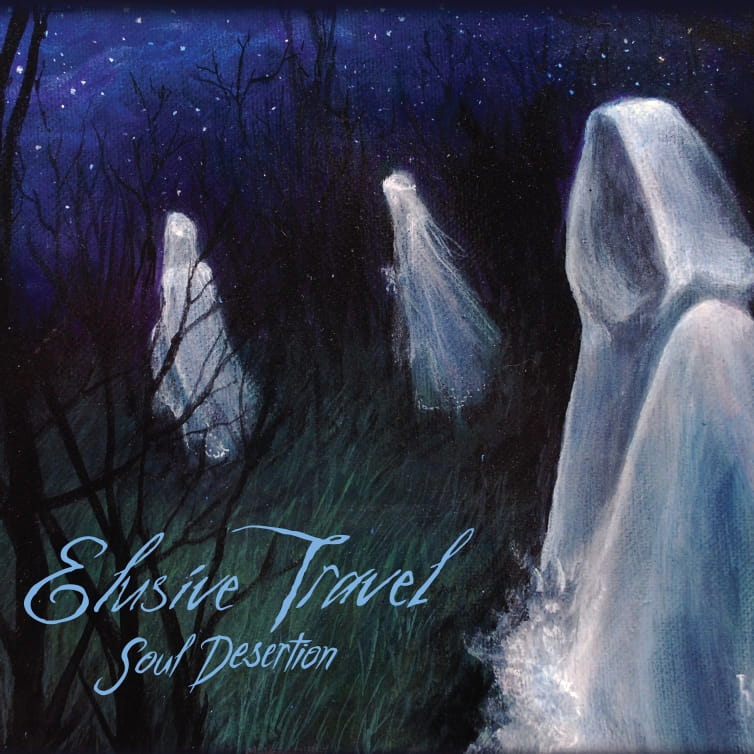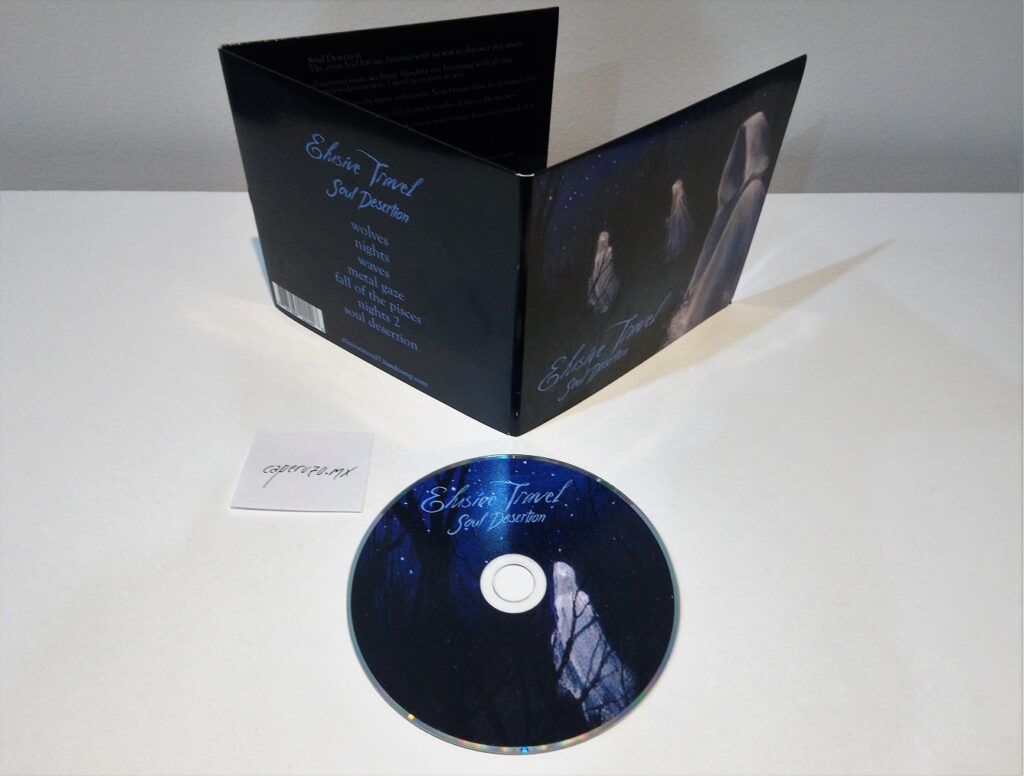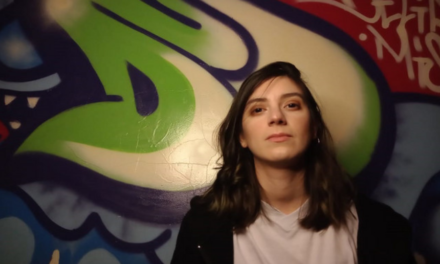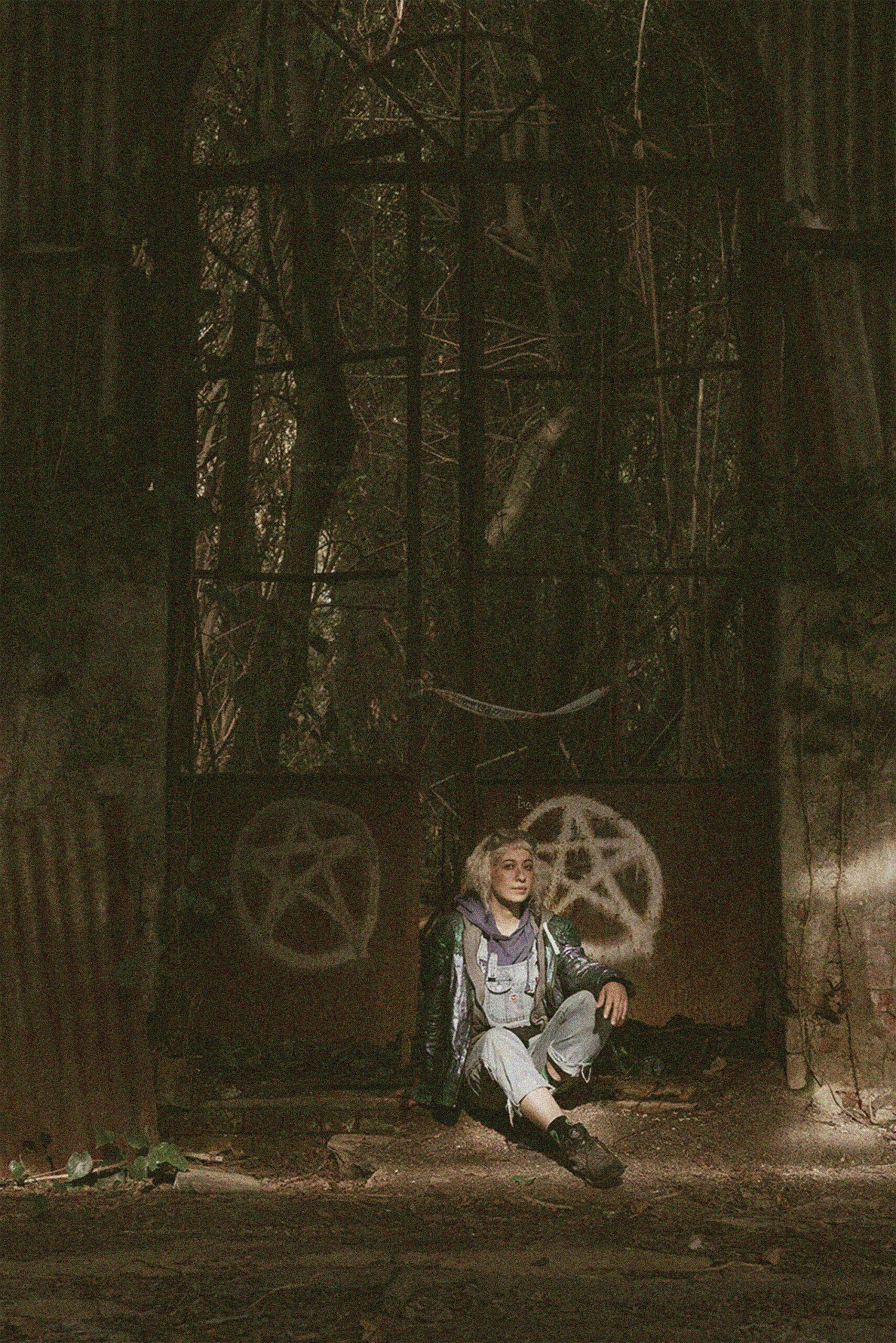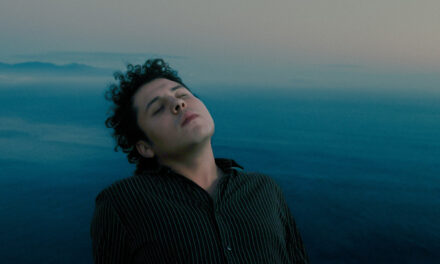Same as goths like to separate their socks into two groups, black and washed-out black, I cynically tend to distinguish between two different tiers in music depending on whom the artist is targeting. On the one hand, we have musicians who write music thinking of their current and (why not?) future audience, e.g. finding out that your favourite black metal artist is not really into metal but is a huge Pink Floyd fan! And, on the other shelf, we have artists who pretty much write music for themselves, and I’m not talking about the introspective lyrics by people like Jason Molina – Some artists simply play the type of music they like with no regard for any potential fanbase whatsoever. For them, music is a hobby, which in turn delivers the most honest and personal form of artistic expression. Rochester’s Elusive Travel is one of such artists and they just self-released the fourth studio album in their long-standing 21-year career.
Lots of musicians have spent short stints in Elusive Travel’s ever-changing line-up – a typical sign of bands being the creativity channel of one single person. In this case, multi-instrumentalist and doom metal enthusiast Chris Dalcin is at the helm. His name may ring a bell for the well updated doom metal follower due to his collaboration with prolific Belgian musician Déhà. Last year, the pair came to release the abrasively miserable single-track LP Par le Sang et la Fin. Nevertheless, die-hard doom metal nerds may spot the name Chris Dalcin in the annals of 90s doom metal as the drummer to whom I deem the most criminally underrated band from the 90s, …And Here I Lie. Not only time-wise, but also musically, Elusive Travel seems to be quiet a continuation of his artistic efforts after the demise of …And Here I Lie.
Elusive Travel have been crafting a tailored style over the years. A distinctive sound which simply tagging as «doom metal» should be considered a criminal offence. Released last year, Soul Desertion is Elusive Travel’s most recent full-length album. The album continues with the bases of a sound that certainly can be traced back to the …And Here I Lie years, yet Soul Desertion adds a handful of other spices into the blender. I, probably in a naïve way, would say that this sound is based on Katatonia’s mid era style. The way Jonas Renkse and Anders Nyström expressed their depression through mysterious mid-tempo music that bounced constantly between rock and metal certainly comes to mind while listening to Elusive Travel.
Soul Desertion should be used to crack machine-learning classifiers for music genres. You can find bits of slow doom, of course, but the drumming work is absolutely unpredictable. This is probably why Elusive Travel ditches the list of run-of-the-mill Katatonia clones – before going prog, the Swedish masters of melancholy had as a key element of their signature sound a rather basic and repetitive drumming.
All the other elements in Soul Desertion have seemingly been designed for the purpose of creating a melancholic atmosphere. With that said, this type of melancholy is not your romantic goth one that can make any album a cheesy endeavour. Instead, Soul Desartion is more about frustration, depression and failure. Chris Dalcin’s vocals are quite effective in expressing these lyrics. Anybody with the basic knowledge of extreme metal will notice that Chris Dalcin’s raw screams are different from the standard harsh black metal or grindcore ones. The screams in Soul Desertion are raw, but more human in the sense that they sound pretty much like the way anybody would scream in a breakdown without envisaging themselves as the next extreme metal heavyweight. So much so, that lyrics are perceptible through most of the album’s entirety.
Heterogeneous in nature, Soul Desertion benefits from a healthy clean/harsh vocals alternation. Dalcin’s cleans are soft and poignant. In this venue, Déhà jumps in as a guest clean singer to help in a couple of songs. Personally, I’m not a big fan of his clean vocals. I doubt the album needs them or they even fit in the built atmosphere. Soul Desertion borrows a considerable amount of shoegaze machinery, making Déhà’s low-tone voice a bit of an outlier in the whole picture. This is, however, a matter of personal taste – In some cases this may work as well, listen to, for example, the unfairly underrated shoegaze bands with deep vocals This Social Coil and Catch the Breeze.
Oh shoegaze, who hasn’t fallen to Alcest’s seductive reanimation of the once deceased genre? Elusive Travel embrace their Neige influence in a bolder way than the subtle inspiration that Katatonia borrowed from Slowdive in their 1996 chef d’oeuvre Brave Murder Day. So much so that Soul Desertion’s tracklist reveals a song shamelessly entitled ‘Metalgaze’. The album’s gaze connotation obviously impacts its guitars, which perhaps results in the biggest departure from early Elusive Travel. The adoption of ethereal guitar effects considerably improves Dalcin’s guitar palette, allowing him to be more effective in building an atmosphere.
The way this album was written and executed leaves a clear impression of freedom. There doesn’t seem to be a compromise of any form towards the critic ears of the listeners. The influences that you can pick up while listening to Soul Desertion are not limited to the above-mentioned – even a bit of nu-metal may come up when noticing that one of the riffs in ‘Fall of the Pisces’ resembles Mudvayne’s now-classic ‘Not Falling’. The album is indeed written by the entire 4-piece band, rather than Dalcin alone, which also helps in the variety of influences borrowed. All in all, Soul Desertion is a very honest and natural album that fans of any type of melancholic metal, especially those into Katatonia, Novembre, Deathwhite and Alcest, will definitely enjoy.
–— PABLO CUSTODIO
.
.

